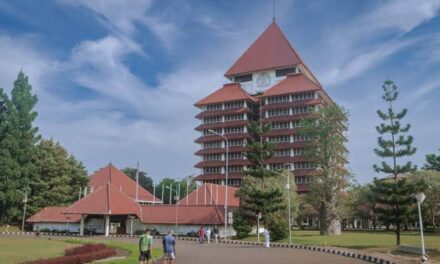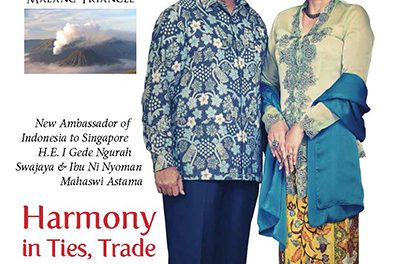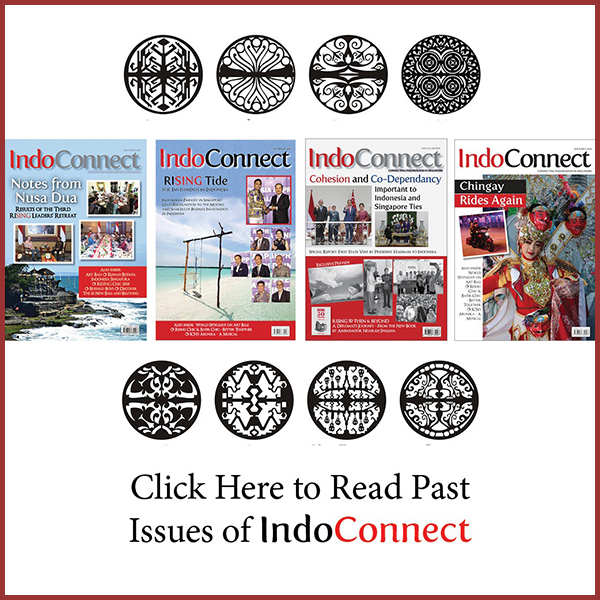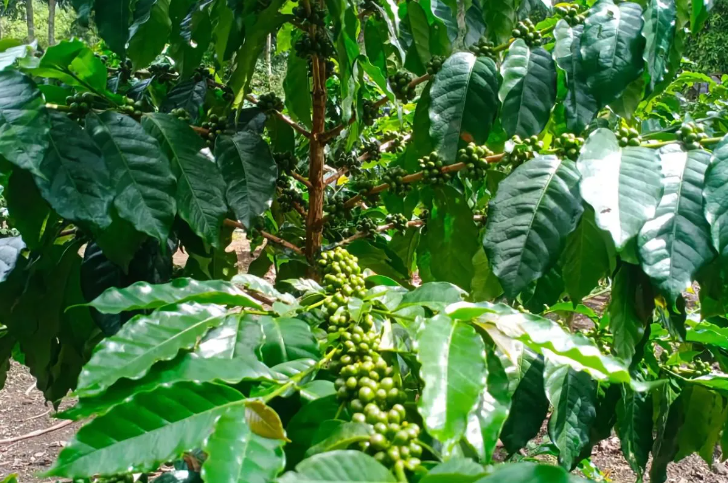
Indonesian coffee is making greater headway into international markets as shown by its Geographical Indications (GI) and post-harvest enhancements
INDONESIAN coffee, driven by Geographical Indications (GI), captured the attention of the international market, particularly in Europe and America. GI, a marker of a product’s origin tied to geographical environmental factors, underscored the unique attributes of Indonesian coffee.
In response to global demand, the Ministry of Cooperatives and Small and Medium Enterprises collaborated with a coffee factory to explore 50 potential coffee locations in Indonesia, including Sembalun in East Lombok, and West Nusa Tenggara. The aim was to empower traditional farmers and elevate them into skilled coffee producers.
The Ministry’s commitment was to bolster the capacity of micro, small, and medium entrepreneurs, particularly farmers and fishermen. This endeavor required collaboration between cooperatives, companies, and foundation activities.
Reza Fabianus, CEO of Coop Coffee Indonesia, initiated the exploration of Sembalun coffee’s potential after successfully introducing Kintamani Coffee from Bali to Starbucks. The journey involved continuous efforts to maintain Kintamani coffee’s quality and meet international standards.
As the global coffee trade evolved, the idea of establishing a cooperative-based coffee trading company emerged to adapt to changing industry demands.
The exploration in Lombok coincided with an Indonesian coffee company’s participation in the 2024 SIA Paris Expo, Europe’s largest agriculture exhibition, themed “GI-based agricultural commodities.“
Sembalun Coffee exemplified effective facilitation, synchronization, and partnership coordination in financing access and technology utilization. Collaborating with the Foreign Affairs Ministry, the Indonesian Embassy in Paris, and State-Owned Enterprises (SOEs), the Ministry of Cooperatives and SMEs aimed to promote Sembalun coffee in the European market.
Enhancing market access for Sembalun coffee required cooperation from various entities, including businesses, ministries, and institutions. Effective GI-based coffee partnerships hinged on coordination and synergy among stakeholders, including coffee farmers and local MSMEs. Banking support through the People’s Business Credit (KUR) was essential.
This collaboration provided support through education, training, and assistance for the Geographical Indication Protection Society (MPIG) farmers, focusing on coffee cultivation techniques and product quality improvement. The ultimate goal was to meet market demands for GI-based quality.
Starbucks Company played a crucial role by purchasing Indonesian coffee products globally through partnerships with MPIG in various regions.
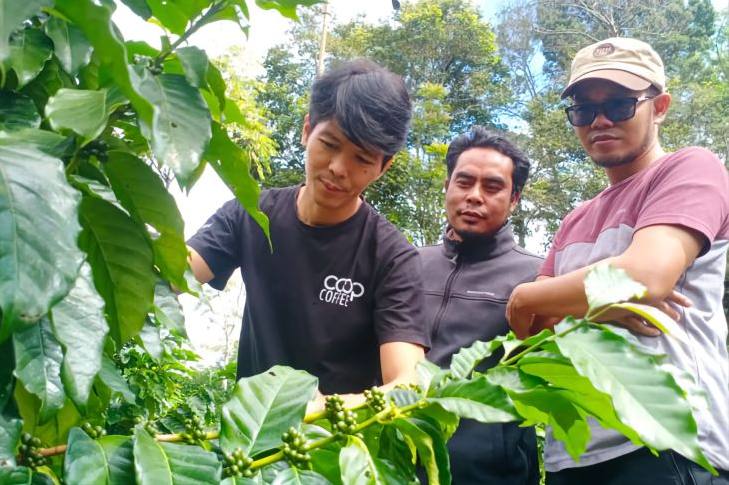
Photo: ANTARA/HO-Coop Coffee
The Ministry of Cooperatives and SMEs, represented by Public Relations Syahrul, is actively engaged in promoting knowledge sharing and education to meet global market requirements. Coffee farmers who faced challenges in selling their harvest were encouraged to focus on post-harvest treatment and management, with marketing facilitated through coffee farmers’ cooperatives and coffee companies.
Chairman of Sembalun Arabica Coffee MPIG, Hasbullah, urged Indonesian coffee companies to pursue GI protection to ensure exclusive access to Sembalun coffee and raise awareness among farmers about the coffee market’s potential.
Sembalun Arabica coffee farmers proposed certification to the Directorate General of Intellectual Property, Ministry of Law and Human Rights, in March 2023, awaiting a response.
They hoped for support from a coffee company experienced in revitalizing Kintamani Bali Arabica Coffee MPIG to aid in communicating with stakeholders and expanding the promotion of Sembalun coffee.
In response, Coop Coffee Indonesia committed to facilitating efforts to fulfill the aspirations of Sembalun coffee farmers. The company signed a cooperation agreement for coffee research and development based on GI in Indonesia with the French Agricultural Research Centre for International Development (CIRAD), effective until 2025.
The GI certification was expected to boost coffee farmers’ income, certifying Sembalun coffee as a premium product and increasing sales.
Source: Antara News


